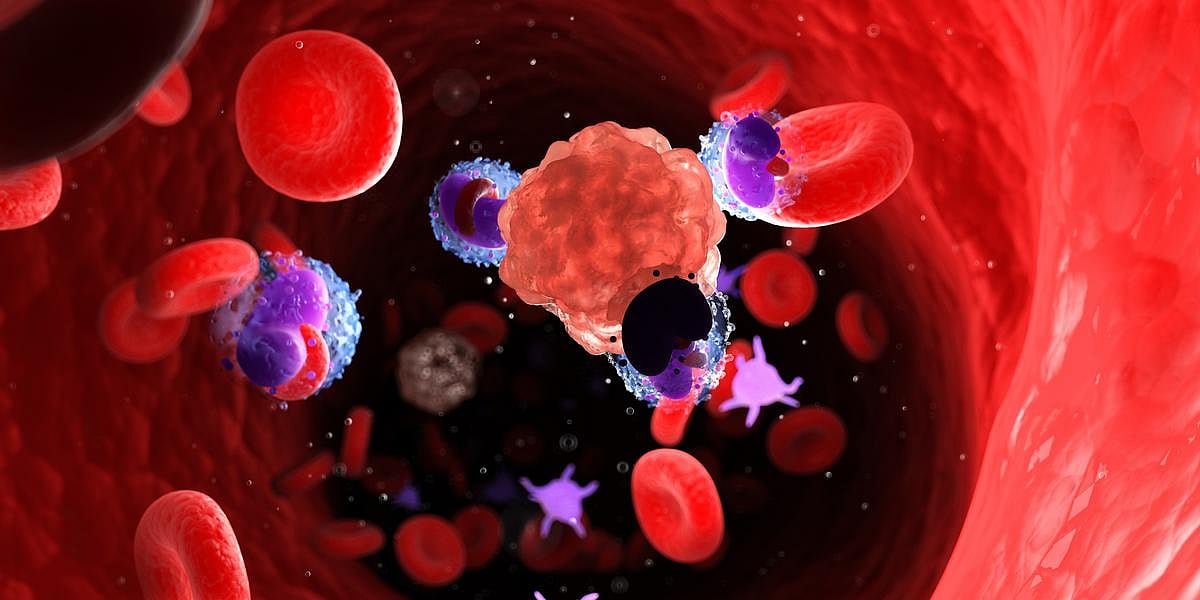Study reveals 5.05 percent of individuals carry pathogenic/likely pathogenic variants in in large, unselected U.S. population
By Elana Gotkine HealthDay Reporter
WEDNESDAY, Nov. 5, 2025 (HealthDay News) — Overall, 5.05 percent of individuals carry pathogenic/likely pathogenic variants (P/LPVs) in key cancer susceptibility genes, according to a research letter published online Oct. 16 in the Journal of the American Medical Association.
Gideon Idumah, Ph.D., from the Cleveland Clinic, and colleagues examined the population-level prevalence of pathogenic variants in key cancer susceptibility genes in a cross-sectional analysis using the database for the All of Us study; 414,830 U.S. participants with short-read whole-genome sequencing were included.
The researchers identified 3,454 unique P/LPVs across 77 transcripts and 72 genes in 20,968 unique individuals (5.05 percent of the total population). Overall, 469 individuals had variants in more than one gene. There was no difference in the prevalence of pathogenic variants by sex or ethnicity. Significant differences were seen across racial groups, with the lowest prevalence among Asian participants and highest among White participants (5.72 percent). Of the individual genes, MUTYH had the highest prevalence, followed by BRCA2 and MITF (1.33, 0.42, and 0.37 percent). Significant prevalence differences were seen between Hispanic and non-Hispanic individuals in 12 genes. In 18 genes, there were racial differences, with the greatest variability in MUTYH. A total of 8,932 participants had an autosomal recessive condition, and 450 had possible mosaic P/LPVs.
“Our findings show how widespread cancer risk variants are, underscoring the importance of regular screenings. Long-term, we hope to build a truly comprehensive list of genes that guide cancer screening and prevention, so we can find people who would benefit from proactive care,” lead author Joshua Arbesman, M.D., from the Cleveland Clinic Medical Specialty Institute said in a statement.
One author disclosed ties to the biopharmaceutical industry.
Copyright © 2025 HealthDay. All rights reserved.








